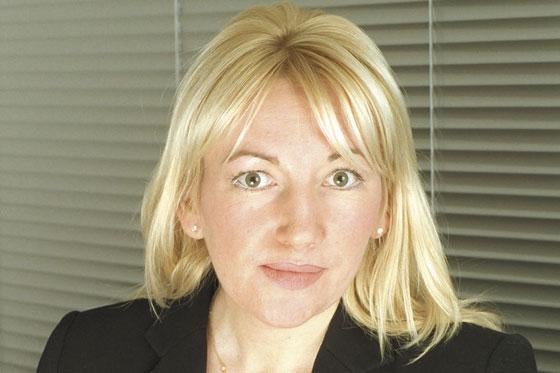
Trinity Mirror chief executive Sly Bailey has made a spirited defence of the troubled publisher and said that the deterioration of advertising revenue and support from City investors in company is based on cyclical trends.

The full interview with Sly Bailey appears in the September issue of Press Gazette, out now.
In a rare, wide-ranging interview published today in the first monthly edition of Press Gazette, Bailey said that Trinity Mirror was well-placed to survive the economic downturn and
‘We have survived two world wars, the Great Depression, the launch of multichannel television, the dot.com boom and bust of the late Nineties and we are still here,’she tells Press Gazette editor Dominic Ponsford.
‘The advertising downturn that we are experiencing now is substantially due to cyclical factors. Clearly, underneath that, media fragmentation is continuing and we are looking at how we can best position our businesses to take advantage of that and meet those challenges.
‘But it’s very clear. If you look at our numbers, we had ad revenue growth over the last quarter of 2007 and now we are in a decline along with everyone else – it is clearly down to overwhelmingly cyclical factors right now.”
Trinity Mirror announced it would make £20m of savings in a profit warning in June and admitted that advertising revenues were down 12 per cent year on year.
Its Midlands division announced a radical reorganisation of its Birmingham and Coventry newsrooms earlier this month that will see modern working practices adopted as well as 65 redundancies.
But Bailey was confident that the regional part of the business, which publishes 200 newspapers, 100 companion websites and 60 hyperlocal sites, could survive the slump.
‘If you look at the key classified platforms of jobs, motors and property, they have always been leading economic indicators. So if you go back to the ad recession of the early Nineties, you will see a similar sort of performance – it isn’t as if we haven’t been through this sort of cycle before,’she said.
‘When you have unemployment rising and the property market doing what it’s doing, then those will be affected by that in the ways that they always have been in previous downturns.
Media fragmentation was a challenge, she said, as audiences move away from traditional newspaper models. But Bailey was confident that the creation of “regional media businesses”, instead of regional newspaper businesses, would position the company to ‘take advantage of new revenues when conditions improve”.
Read more of this interview in the September edition of Press Gazette. To subscribe call 01858 438872.
Email pged@pressgazette.co.uk to point out mistakes, provide story tips or send in a letter for publication on our "Letters Page" blog
